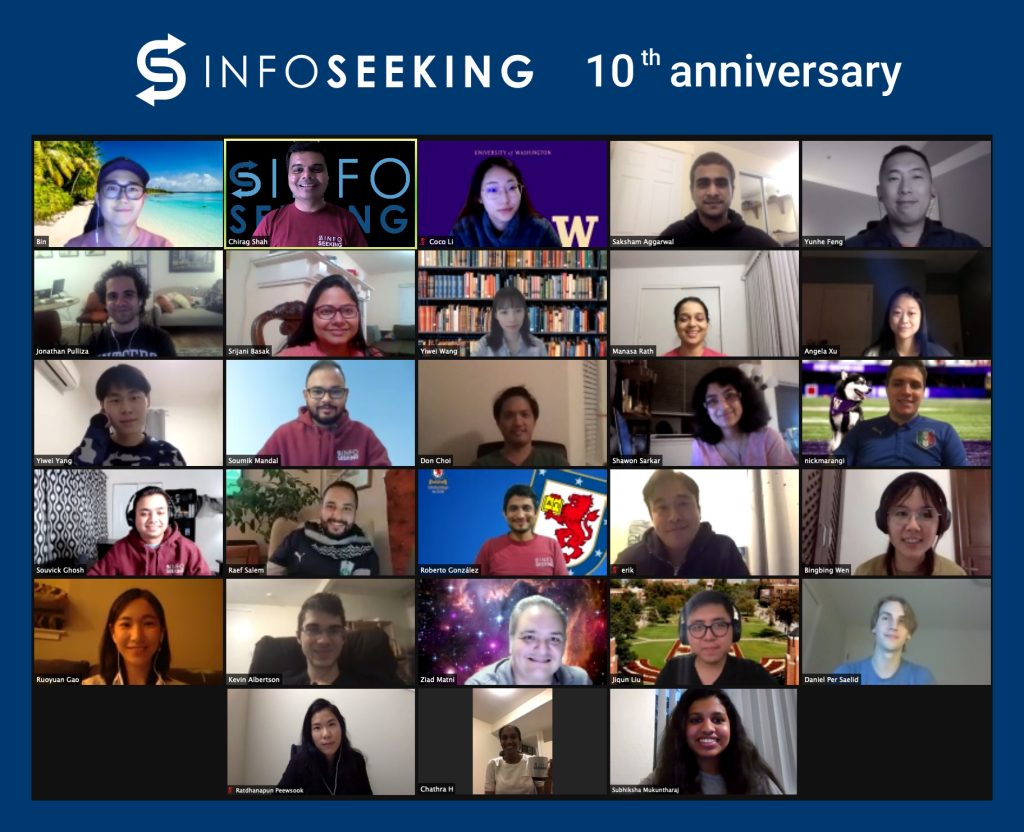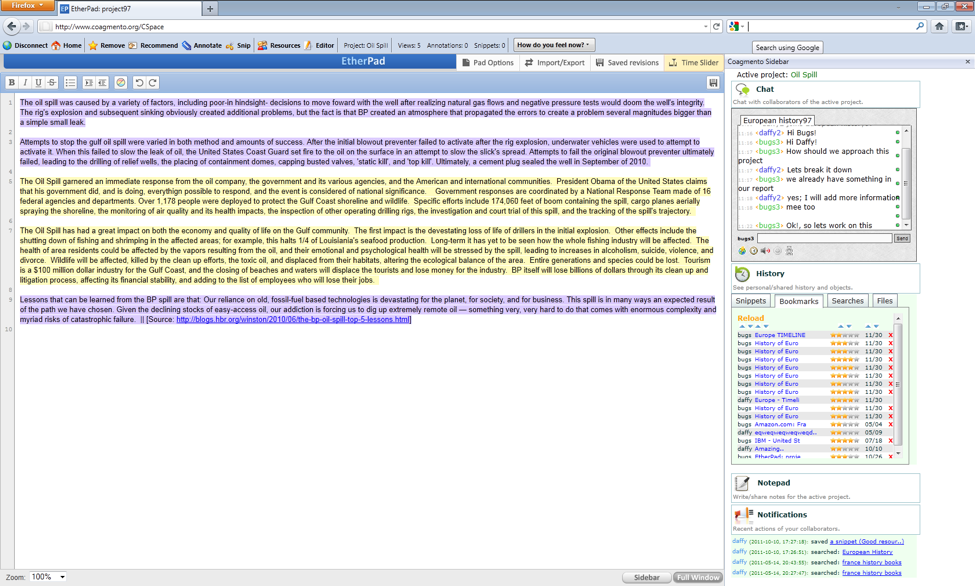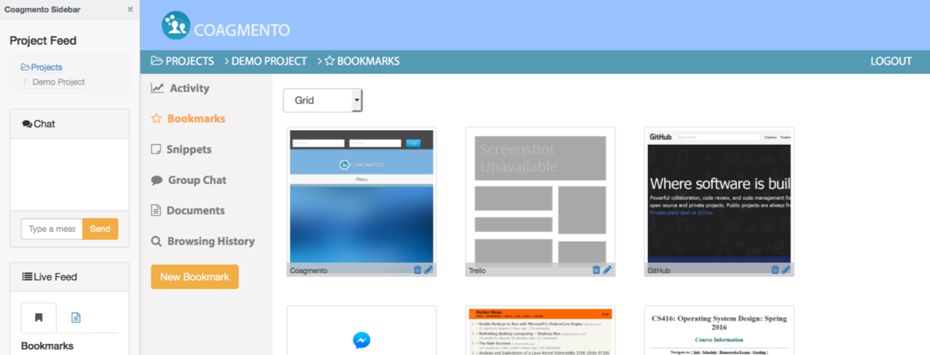InfoSeeking’s 10th Birthday

Looking back
In the fall of 2010, we started as a reading group for people who would come together to read papers on topics of information seeking/retrieval/behavior every week. The group was called “Information seeking and behavior group”. Dr. Chirag Shah has been leading the group from the beginning.
Quickly the reading group became a research group as students and faculty started identifying projects that interested them and pulled resources to design studies and experiments.
In that same fall, as the group started getting traction and attracting more students, resources, and funding, we became InfoSeeking Lab.
In the beginning, the lab focused on issues of information seeking/retrieval and social media. As new members and interests were added, the lab explored many more areas, including wearable sensors, collaborative work, online communities, and conversational systems.
The methods for research also evolved from user studies to large-scale log analysis, and from ethnographic approaches to deep learning models.
Our achievements
We have been pushing forward the knowledge in information seeking/retrieval and other related topics in the Information and Data Sciences field for 10 years.
Throughout those years, the lab has received more than 4 million dollars in grants and gifts from federal and state agencies as well as private organizations.
So far, the lab has produced 13 excellent PhD students and countless undergraduate and master students to drive new ideas and innovations into the Data Sciences field. Our alumni have gone to major universities around the world and reputable companies like Dropbox, eBay, Google, Sony, and TD Bank.
Some of the lab’s early works laid the foundation for collaborative and social work by people from all walks of life. One of the outcomes was a system called Coagmento, which was extensively tested with and deployed in classrooms. When it was used in a NY-based highschool, the teachers, for the first time, found that they could gain valuable insights into their students’ work and help them in ways not possible before using our system.
We have been at the forefront of developing new methodologies, tools, and solutions. We were one of the first to use the escape room as a method to understand how people seek information and solve problems.
We have been and are going to continue contributing to the community. The lab worked closely with the United Nations Data Analytics group to address several of the UN’s Sustainable Development Goals (SDGs). As a result of the collaboration, the lab launched Science for Social Good (S4SG). All of our works build into SDGs’ goals.
We have also worked with several private foundations and startups over the years to solve real-world problems. One example is our collaboration with Brainly, a startup from Poland that focused on educational Q&A. With them, we worked on problems of assessing the quality of the content as well as detecting users with certain characteristics, such as those exhibiting struggle. The solutions to these problems are extremely useful in education.
Looking back at the last 10 years and how glorious they have been, we are confident that the next decade will be even more amazing.


